|
The research
programme of the Centre for Ecological Apiculture, a pioneer of "wesensgemaesse
Bienenzucht" and beetherapy, includes natural living conditions for honeybees
in simple hives. Did you know that the Centre for Ecological Apiculture
is the only Institution in Germany where bees are being kept solely in
top bar hives and allowed to draw out their combs themselves without frames,
artificial combs or foundation made of contaminated beeswax, in contrast
to bees from beekeepers who need to get along with plastic combs (for instance
"Flow Hive") in plastic hives, wood frames, artificial wax or foundation
contaminated with stearin and paraffine and wire or even need to live in
socalled "skyscaperhives" ?
Did you know that
the Centre for Ecological Apiculture is the only Institution worldwide
who offers Training in "wesensgemaesse Bienenhaltung" regarding certification
according standards of the Centre for Ecological Apiculture?
How to become a certified
beekeeper of the Centre for Ecological Apiculture?
More
infos...
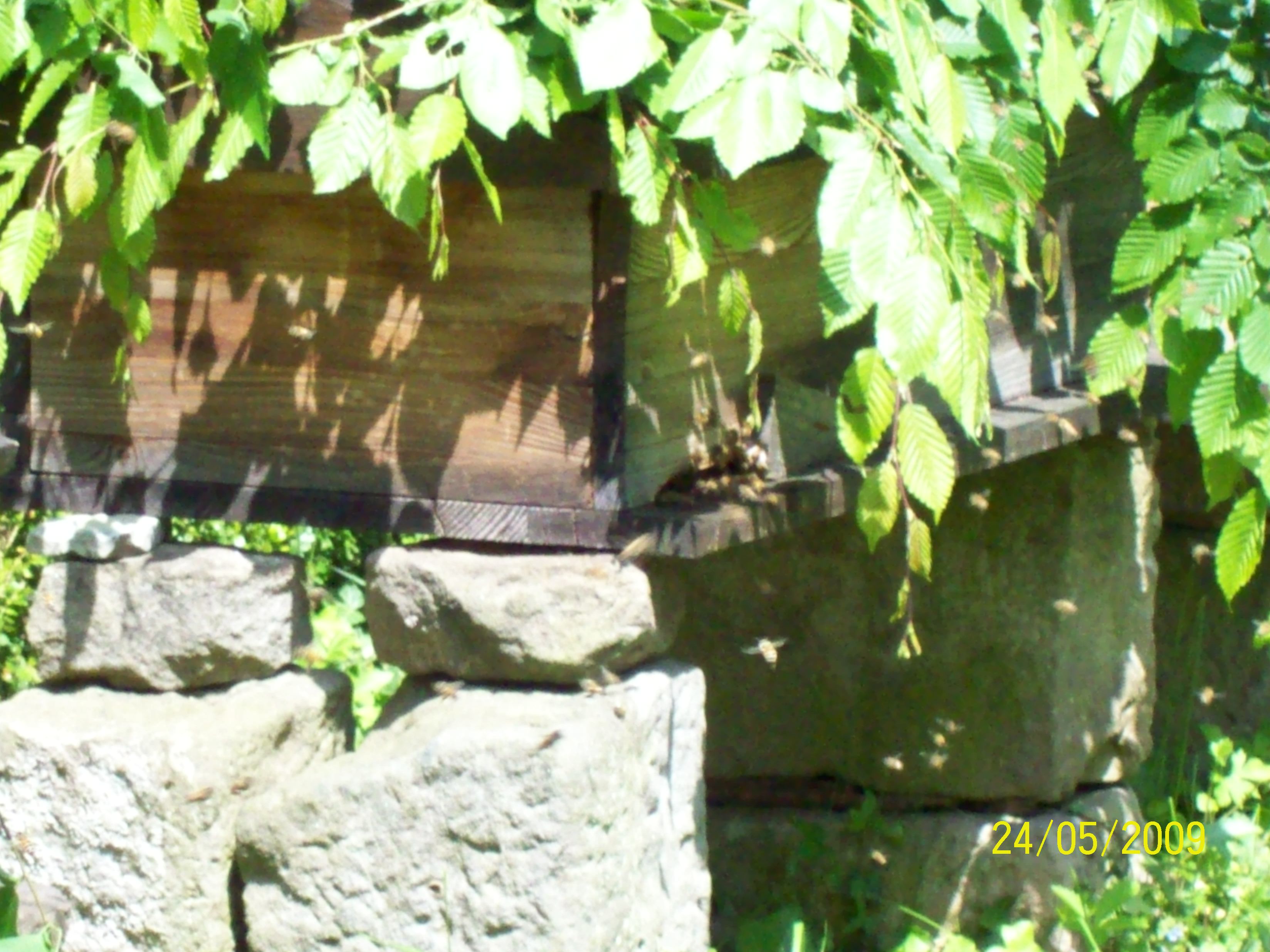
Distance
-Course No. 19 / First Lessons In Cruelty Free Organic / Ecological Top
Bar Hive Beekeeping.
Beekeeping
For Beginners And Advanced Learners, Medical Doctors, Non-Medical Practitioners,
Organic Gardeners And Farmers - Biodynamic Top Bar Hive Beekeeping, Natural
Apitherapy
46 th. revisited and
updated edition 2025
This distance-course
is our bestseller. The only who is able to match with distance course No.
19 ist the new distance course No. 19. Also if you want to change from
mainstream framehive beekeeping or Bienenkiste to top bar hive beekeeping,
this distance course offers useful hints. Those who applied already for
an apitherapy cure,
have now the possibility to produce the necessary apitherapeutical beeproducts
themselves.
All what you need
to know: First lessons in organic / ecological beekeeping; with membership
or without.
Registration
Interesting for
members: Techniques on Top-Bar Beekeeping for beginners with DI. M. Thiele
Techniques on
Advanced Top-Bar Beekeeping with DI. M. Thiele (continued in No 62)
From course units
and standards of the Centre for Ecological Apiculture:
on Location of beecolonies,
suitable landscapes
for organic / ecological beekeeping
on the character
of bees,
bee hive, top bar
hive, how to change from frame hive- and EasyBeeBox-beekeeping to
top bar hive beekeeping
according standards of the Centre for Ecological Apiculture?
maintaining honeybees'
health,
preventive measures
and disease control, varroaresitence
how to obtain beeproduce
according standards of the Centre for Ecological Apiculture,
without residuals;
how to handle bees,
how to find the
right time to go to the bees,
processing, materials,
filling,
the science of honey
quality of beeproduce
according standards of the Centre for Ecological Apiculture / Natural Apitherapy
Research Centre
chemical and physical
analysis of honey and other beeproduce,
contents of honey,
residuals in honey,
propolis, and other beehive products;
how to become a
certified apiary of the Centre for Ecological Apiculture;
How to get certified
according standards of Social Medicine /
Natural Apitherapy
Research Centre?
on how to storage
honey,
what does the top
bar hive beekeeper needs in the beginning?
How does it work?
1 organic / ecological top bar hive beekeeping equipment, supplies and
tools
How does it work?
2 Construction plan for Top bar hive designed in the Centre for Ecological
Apiculture
How does it work?
3 Bee Therapy / Apitherapy
How does it work?
4 Bee Therapy / Apitherapy Certification
How does it work?
5 support bees, bumblebees and other pollinators
Regististration
for distance course No. 19
List
of distance courses and prices
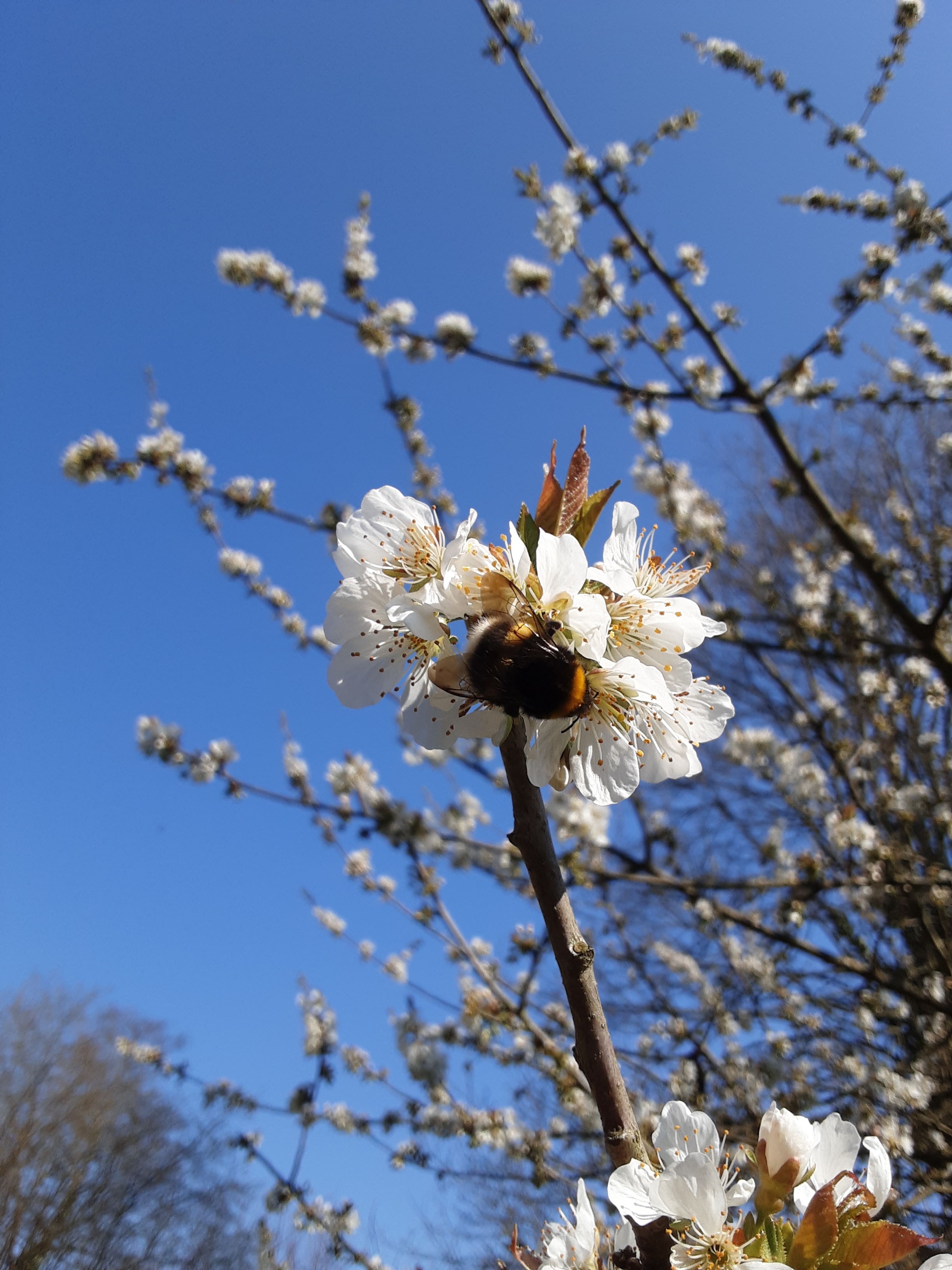
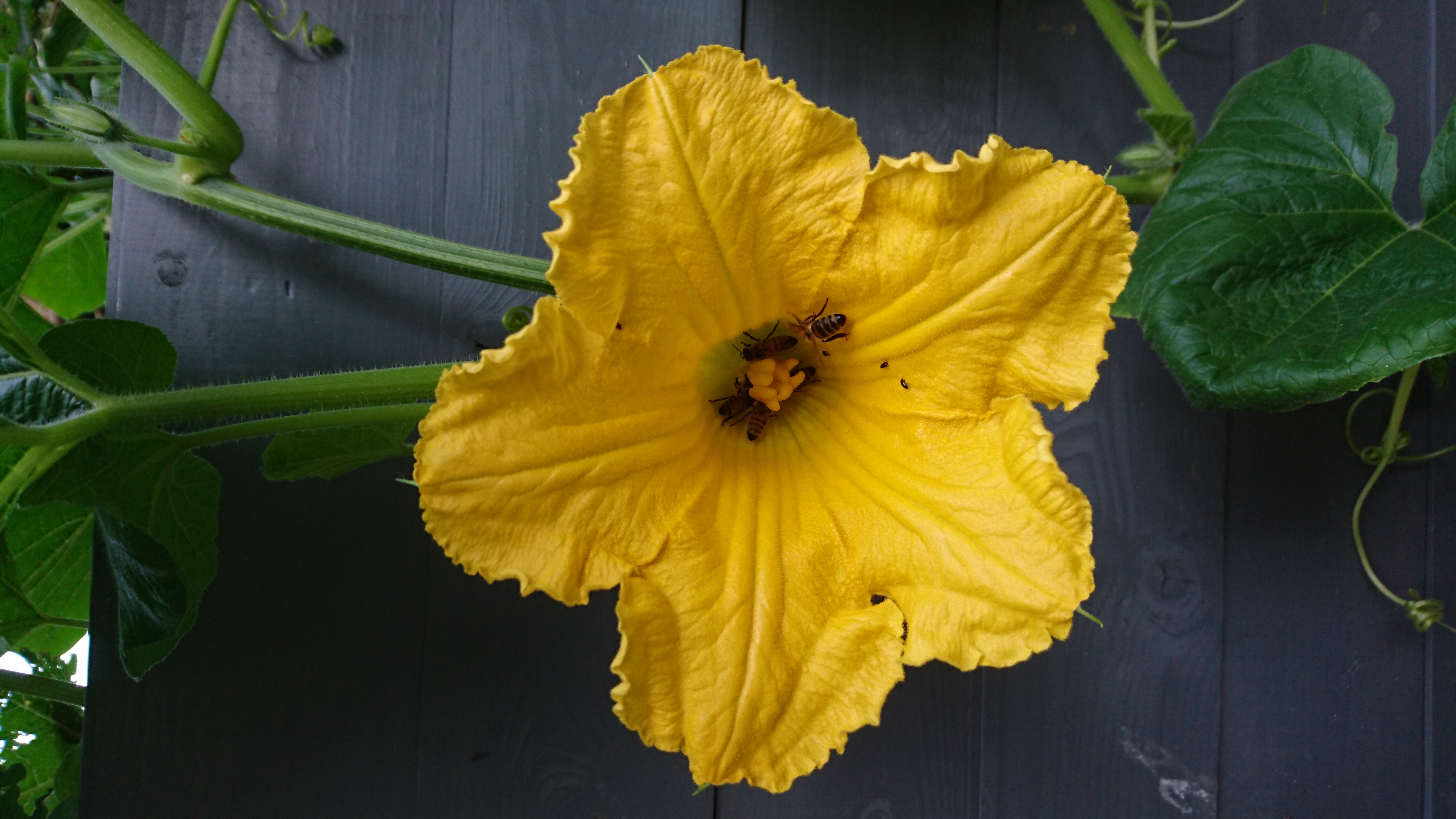
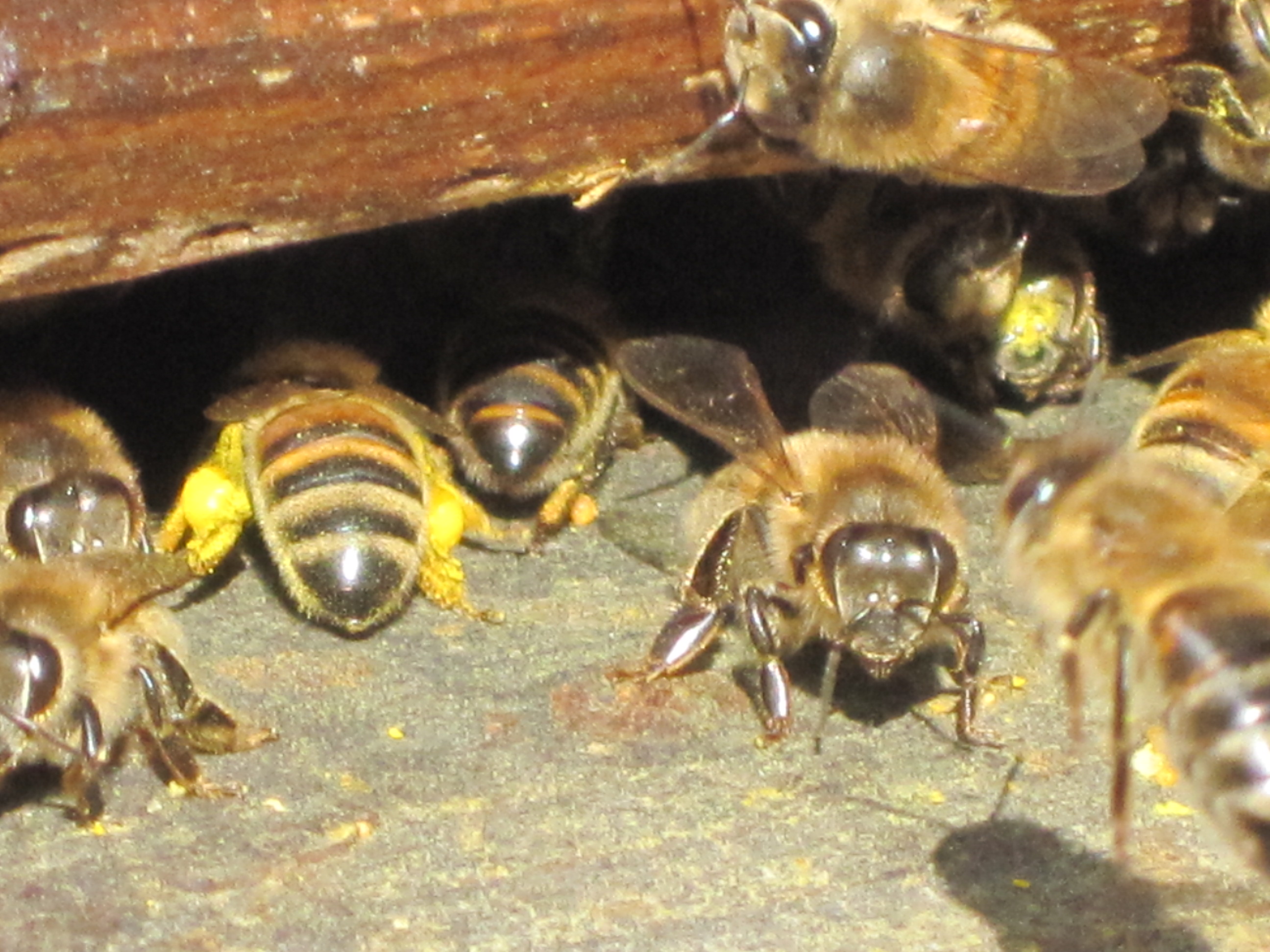
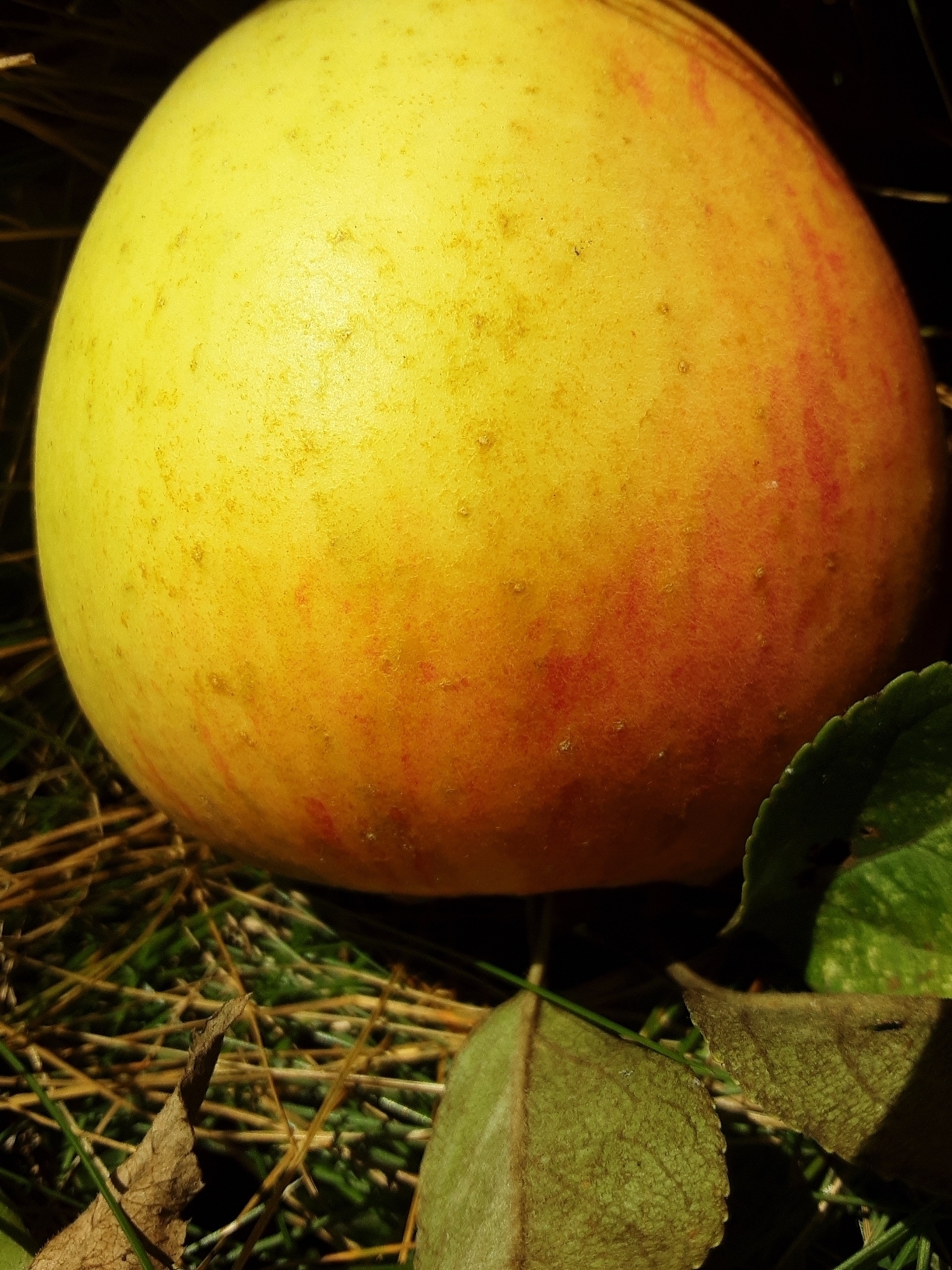
An Apple a day keeps
the doctor away - thanks to bees and bumblebees - grown without artificial
pollinators and pesticides
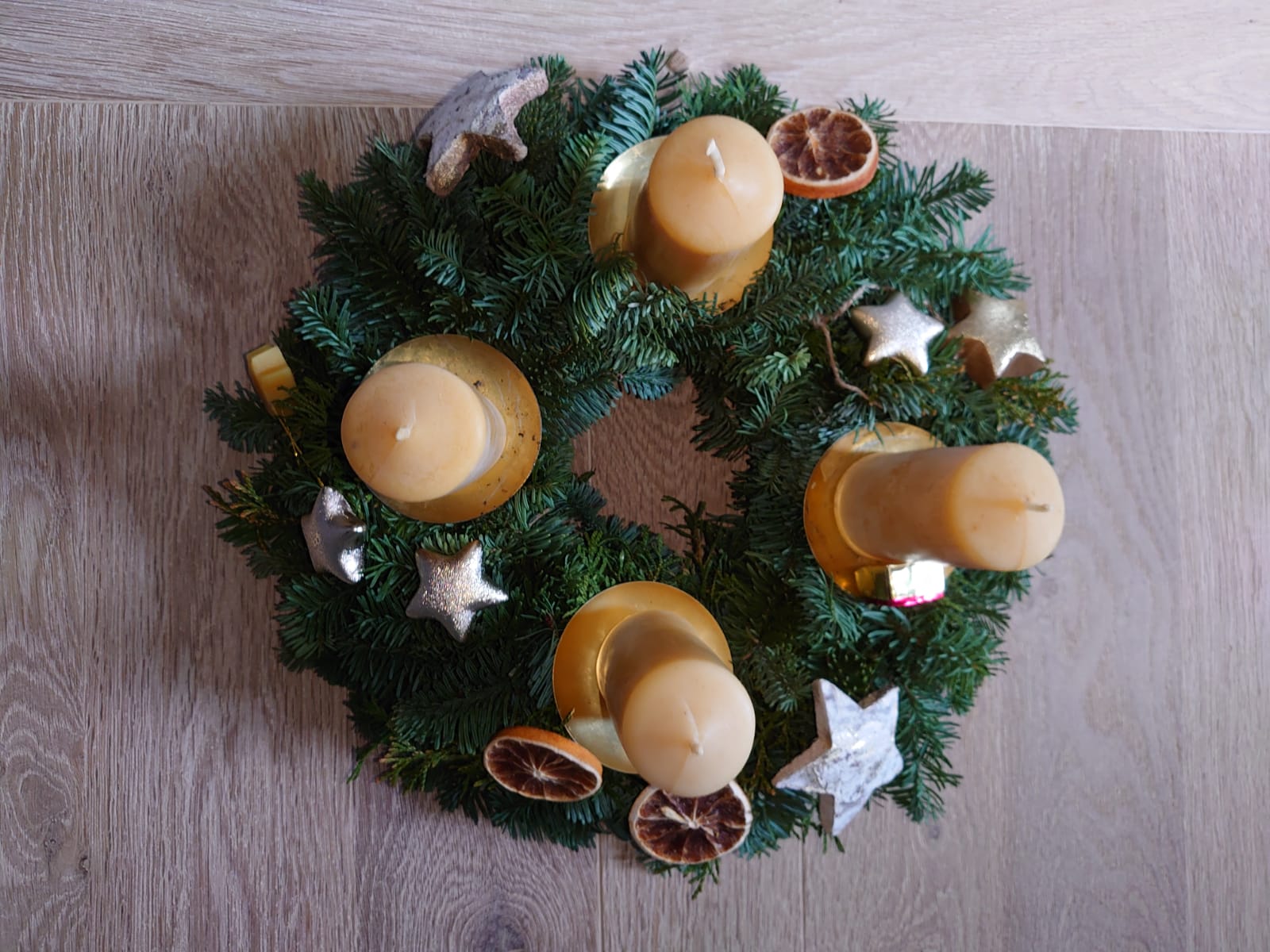
Advent wreath on
Oaktable with candles made of real beeswax - without artificial wax and
stearin
The best birthday
and christmas present for those who want to start keeping bees: distance
course No. 19 ecological beekeeping
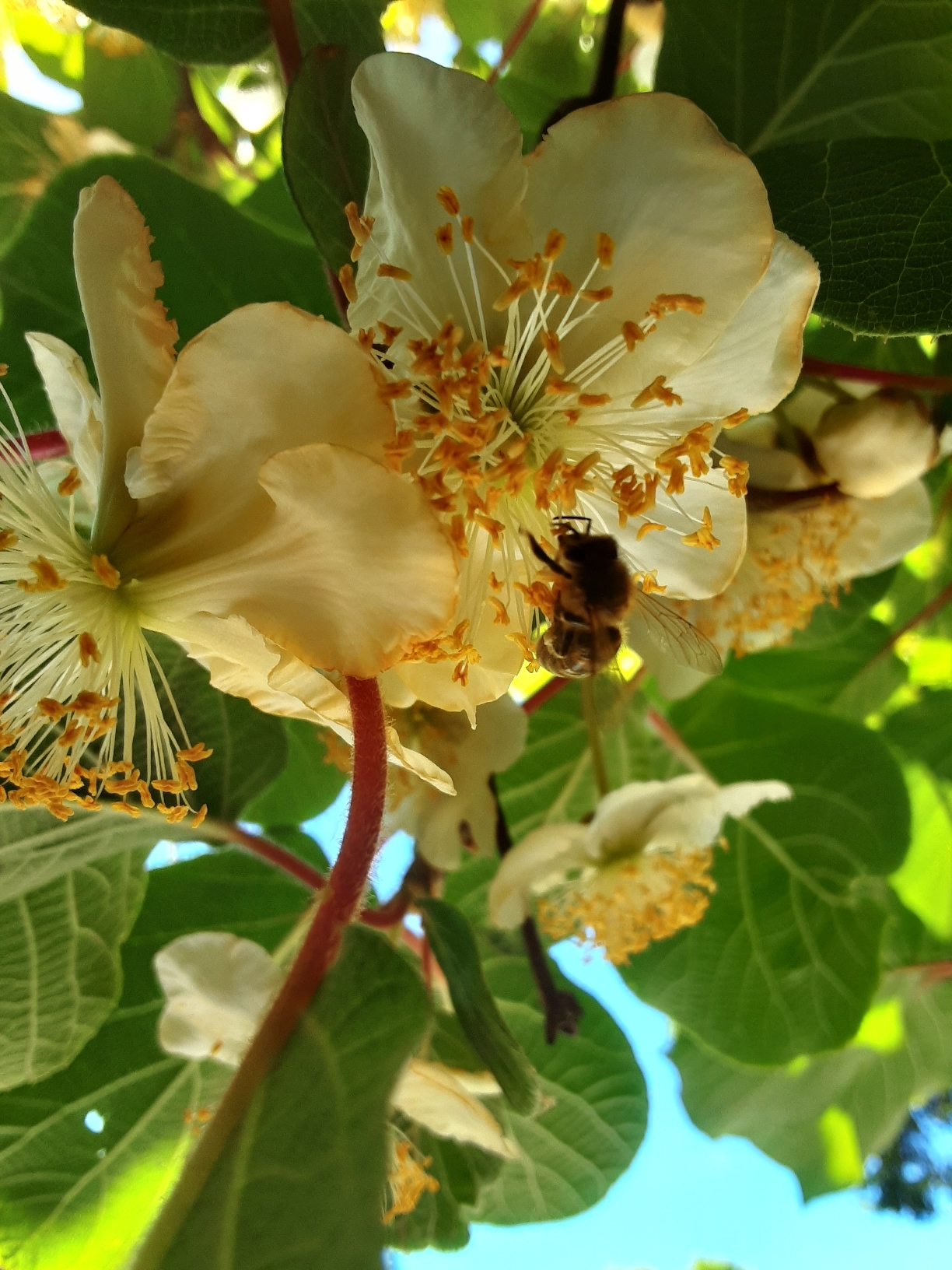
Honeybee in Kiwi
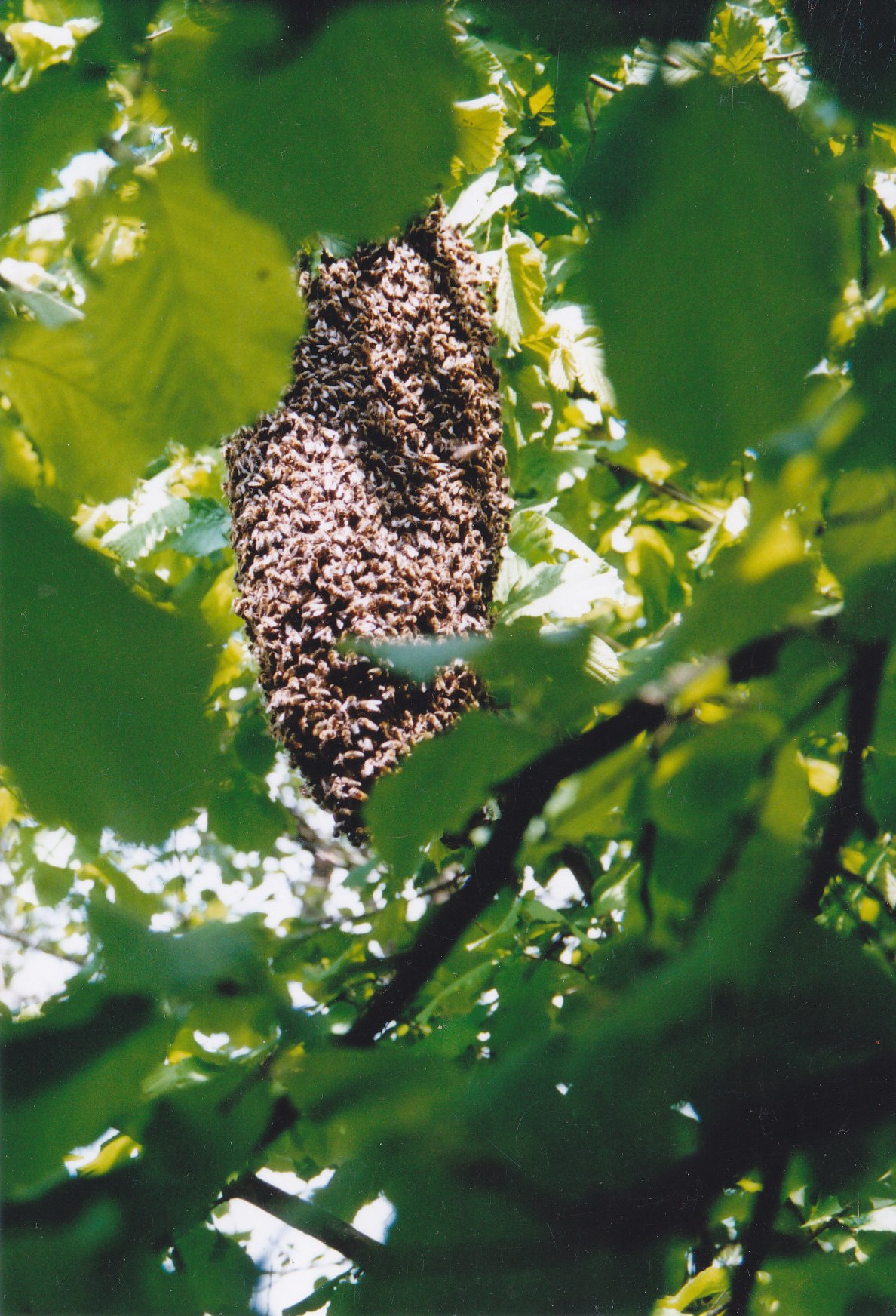
Beeswarm in the
Centre for ecological Apiculture
No.
37 Practical Beekeeping Course For Beginners ("Crash-Course") Now included
in No 62
No.
62: Training / Hands-On Training / Instruction Courses In The Centre For
Ecological Apiculture: How To Get Certified According Standards Of
The Centre For Ecological Apiculture And Natural Apitherapy?
Techniques
on Advanced Top-Bar Beekeeping with DI. M. Thiele for members
Did you know that
the Centre for Ecological Apiculture is the only Institution worldwide
who offers Training for becoming a certified apiary of Centre for Ecological
Apiculture?
Duration: two Semester
This hands-on training
is useful for beginners as well as for those beekeepers who are fed up
with mainstream beekeeping and want to become partner-apiary of the Centre
for Ecological Apiculture.
This training is
also useful for students and sideliners.
By the way more and
more partner-apiaries are needed, that means those who are successful applicants
of final class and graduated in organic / natural top bar hive beekeeping
(No. 62)!
All what you need
to know :
Lessons on Location
of bees colonies,
suitable landscapes
for organic / ecological beekeeping
on the character
of bees,
how to manage top
bar hives,
maintaining honeybees'
health,
preventive measures
and disease control, varroaresitence
how to obtain a
good practice in honey harvest,
how to handle bees,
how to find the
right time to go to the bees,
honey quality, how
to obtain pure comb honey, pollen, propolis
Lessons on processing,
materials, filling,
sieving, filtration,
on how to storage
honey,
discussion of
our standards in beekeeping
considering the
character of bees.
Lessons on what does
the beekeeper need in the beginning?
On equipment and
tools;
on simple hives
mainly used in the world, especially top bar hives;
how to produce comb
honey, run honey, propolis, royal jelly, beesbread, beeswax according standards
of Centre for Ecological Apiculture;
maintaining honeybees'
health;
disease control
with organic acids.
On price calculation
in this sector for high quality products
Lessons on beekeeping
considering the character of bees;
what happens in
a beecolony?
On drones, queens,
workers, communication;
on population during
the year,
on temperature control
and critical temperature for the honeybee;
what do I need to
know, if I want to work together with the bees in order to strengthen the
colony?
How can I work with
the bees without doing an assault upon the colony?
On comb spacing,
combs, inspection of the hives,
swarm prevention/management
and control,
making new colonies
within swarming mood;
what are possible
results of artificial queen rearing ("grafting")?
On telluric and
extra telluric forces according M. Thun;
More
information...
Registration
form for No. 62
Become
a member in the Club of Ecological Beekeepers and ask for more info
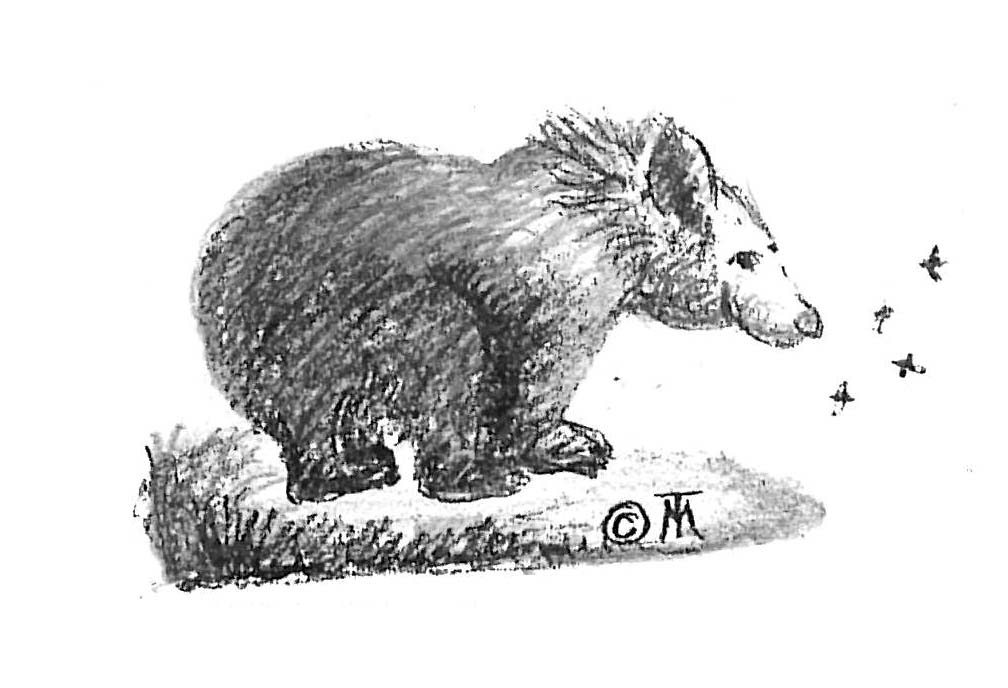 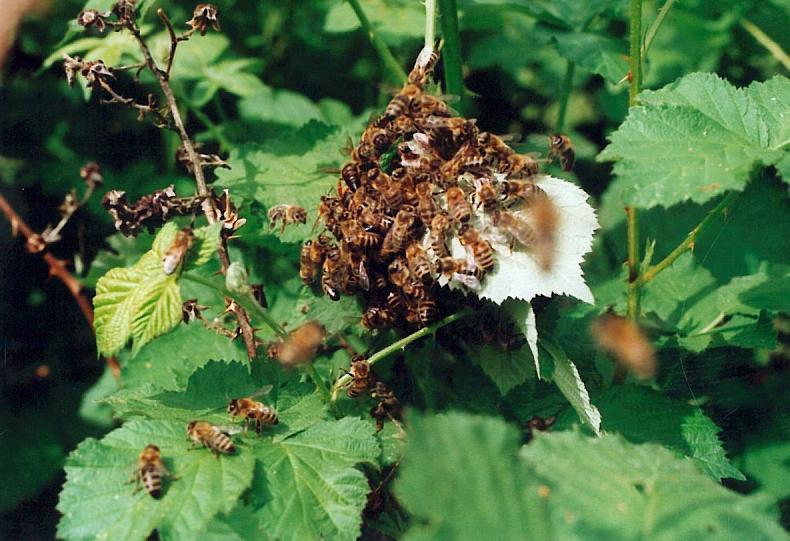 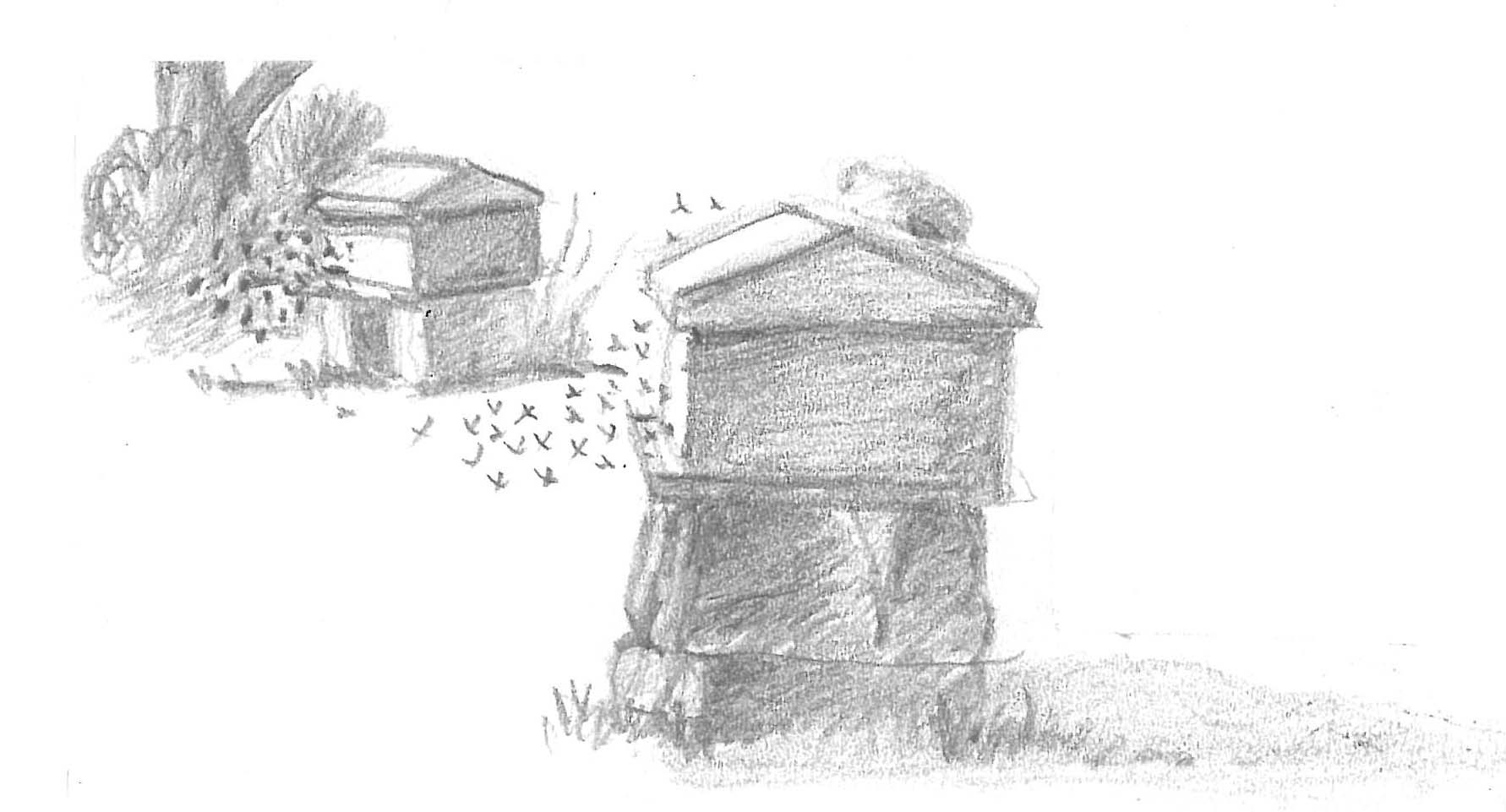 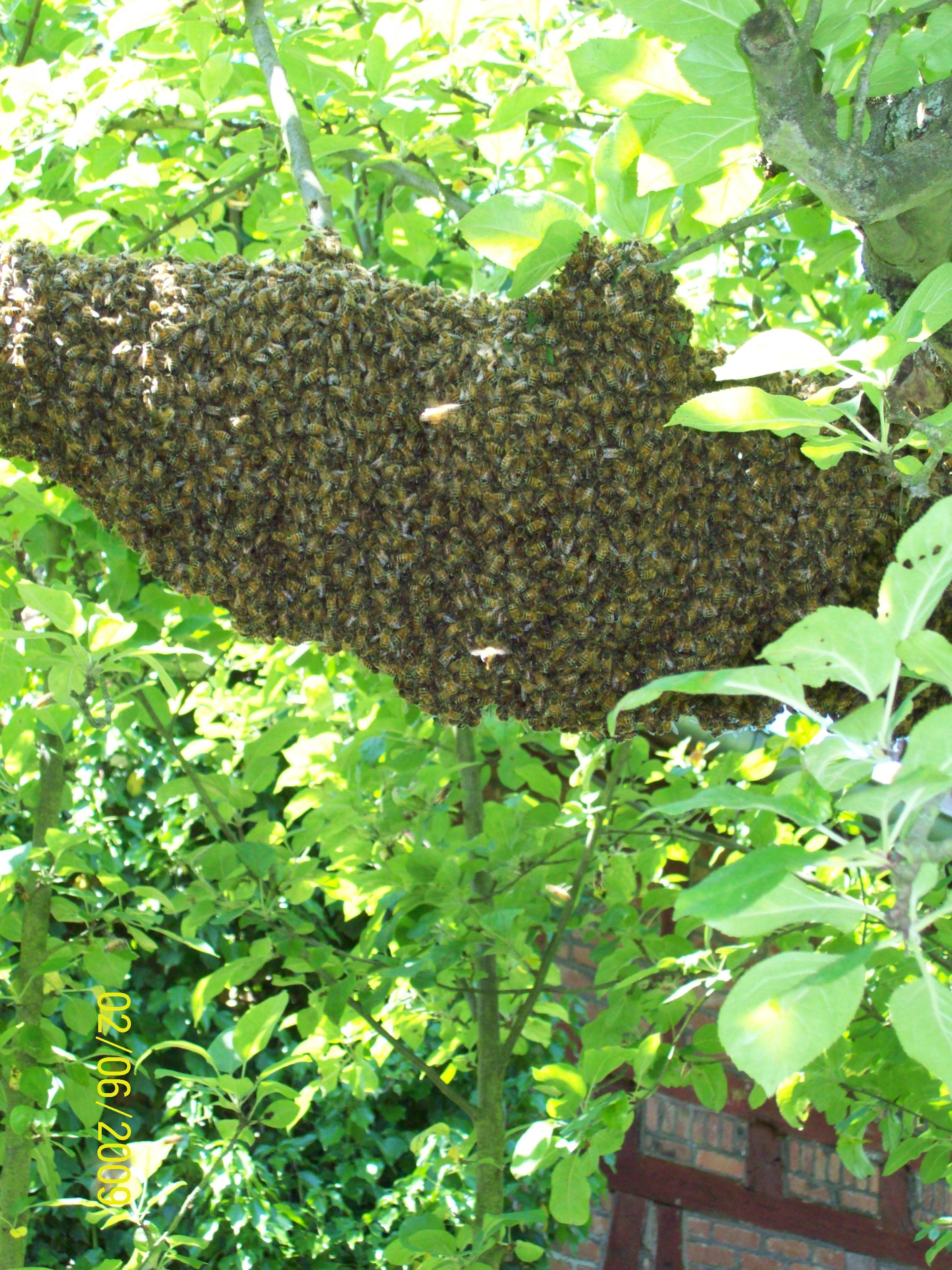
Centre
for Ecological Apiculture
Natural
Apitherapy Research Centre
Akademie
der Kunst und Philosophie / Academy of Arts and Philosophy
DI.
M. Thiele, President and international Coordinator
Wissenschaftsbriefe
/ Api Review Letters / Science Review Letters
Save
the Bees, Bumblebees and Beecolonies
Zentrum
fuer wesensgemaesse Bienenhaltung
Beetherapy
/ Academy of Sciences
Copyright
© 2002-2026 Centre for Ecological
Apiculture
Last
update :2026/01/05 |

